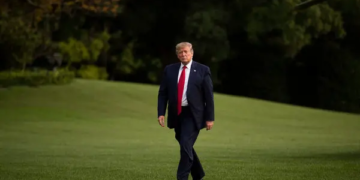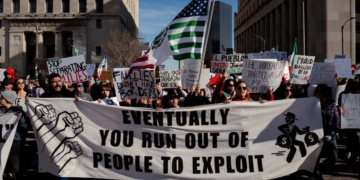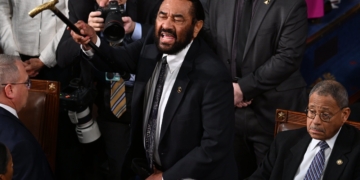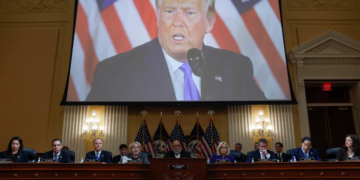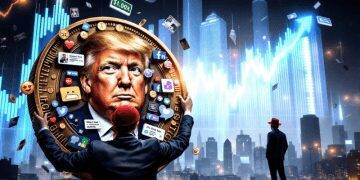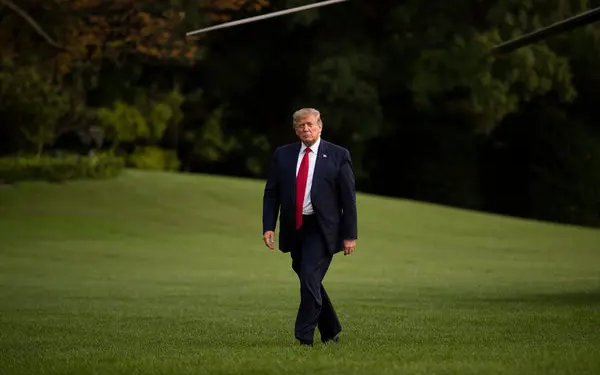In a political clash that’s sparking heated debate across the United States, Democrats have openly accused former President Donald Trump of fueling a nationwide surge in prices. These Trump price explosion accusations are reshaping economic discussions and highlighting the deep divisions over who bears responsibility for rising costs.
Why Democrats Blame Trump for Rising Prices
At the heart of the accusations is the claim that Trump-era policies created economic conditions ripe for inflation. Democrats point to massive tax cuts, weakened regulations, and trade wars as major factors that disrupted markets and drove prices higher in key sectors like energy, food, and housing.
They argue that these policies favored corporations and wealthy individuals, leaving everyday Americans to pay the price.
What the Numbers Show
Recent data reveal a sharp increase in consumer prices over the past few years. While global events like the pandemic and supply chain issues played a role, economists continue to debate how much of the surge is directly linked to decisions made during Trump’s time in office.
Supporters of the Trump price explosion accusations say the data clearly reflect policy-driven inflation, especially in industries impacted by tariffs and deregulation.
Republican Response
Trump allies reject the accusations as political theater. They argue that inflation is a worldwide issue, not just an American one, and blame recent Democratic spending bills for keeping prices high.
They also credit Trump’s tax policies with driving economic growth before the pandemic and say removing regulations helped keep businesses competitive.
Economic Impact on Everyday Americans
Whether or not Trump is directly to blame, the effect on U.S. households is undeniable. Families are paying more for groceries, rent, healthcare, and transportation. Surveys show that the rising cost of living remains one of voters’ top concerns heading into the next election.
For many, the political blame game matters less than finding real solutions to bring prices down.
Trade Wars and Supply Chains
One point of consensus among experts: Trump’s trade wars added significant costs. Tariffs on Chinese goods and retaliatory measures disrupted supply chains and increased production costs, which businesses often passed on to consumers.
While intended to protect American industries, these measures arguably made everyday goods more expensive.
Long-Term Economic Concerns
Economists worry that continued political fights over who caused inflation could distract from the harder task of fixing it. Beyond short-term price spikes, the U.S. faces long-term challenges: wage stagnation, housing shortages, and the cost of healthcare.
Addressing these issues requires bipartisan cooperation — something that feels out of reach in today’s polarized climate.
Public Perception and the Next Election
The Trump price explosion accusations may become a central theme in upcoming campaigns. Polls show voters remain deeply divided, with many Republicans convinced Trump helped the economy, and many Democrats blaming him for economic pain.
How this narrative unfolds could shape who controls Congress and the White House.
Moving Beyond Blame
While debates continue, experts suggest focusing on solutions: investing in infrastructure, strengthening supply chains, and revisiting trade policies. Such steps could do more to curb inflation than partisan finger-pointing ever will.
Trump, Inflation, U.S. Economy, Price Explosion, Politics, Trade Wars, Democrats
